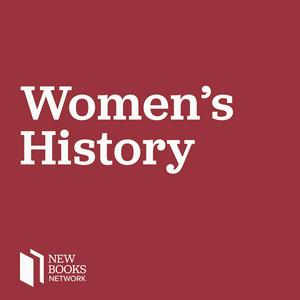Can Feminism be African?: A Conversation with Minna Salami
Transcript of the interview
Minna Salami is a writer, social critic, and thought leader on feminism, knowledge production, and the aesthetics and structures of power. She formerly served as Programme Chair and Senior Fellow at THE NEW INSTITUTE, where she led the Black Feminism and the Polycrisis programme. Her work sits at the intersection of ideas, culture, and systems thinking, with a commitment to making complex theories accessible through books, essays, public speaking, and creative projects.
She is the author of Can Feminism Be African? (Harper Collins, 2025) and Sensuous Knowledge: A Black Feminist Approach for Everyone (Bloomsbury, 2020), which has been translated into multiple languages. Her writing also appears in numerous anthologies and educational publications exploring feminism, African philosophy, media, and cultural criticism.
Her work has featured in The Guardian, The Financial Times, The Ideas Letter, Project Syndicate, and The Philosopher, and she has delivered talks at global institutions including TEDx, the Institute of Arts and Ideas, the European Commission, the Oxford and Cambridge Unions, Yale, and Singularity University at NASA.
Salami was the creative director of the short film Black Feminism and the Polycrisis, which won the Silver Award for Public Service and Activism at the 2024 Lovie Awards.
From 2019 to 2022, she co-directed Activate, an intersectional feminist movement that supported minoritised women in politics and community organising through visibility campaigns, mentoring, and fundraising. The initiative played a key role in shifting narratives and resources toward a more inclusive political landscape in the UK.
She has also worked as a Research Associate and Editor at Perspectiva, advised governments on gender equality, developed national school curricula, and curated cultural events at institutions such as the Victoria & Albert Museum in London.
Her blog, MsAfropolitan, launched in 2010, has reached over a million readers and remains a platform for exploring feminist and African-centred approaches to contemporary life.
Salami is a Full Member of the Club of Rome, a BMW Foundation Responsible Leader, and serves on the advisory boards of the African Feminist Initiative at Penn State University and Public Humanities at Cambridge University Press, as well as the council of the British Royal Institute of Philosophy.
Links to References:Apart Together – essay on Leopold Senghor and Aimé Césaire’s radical vision for the world
Africa’s Populist Trap for The Ideas Letter
The Niger River and the Dearth of History: Deconstructing the Myths of Mungo Park by Ezenwa E. Olumba
Learn more about your ad choices. Visit megaphone.fm/adchoices


